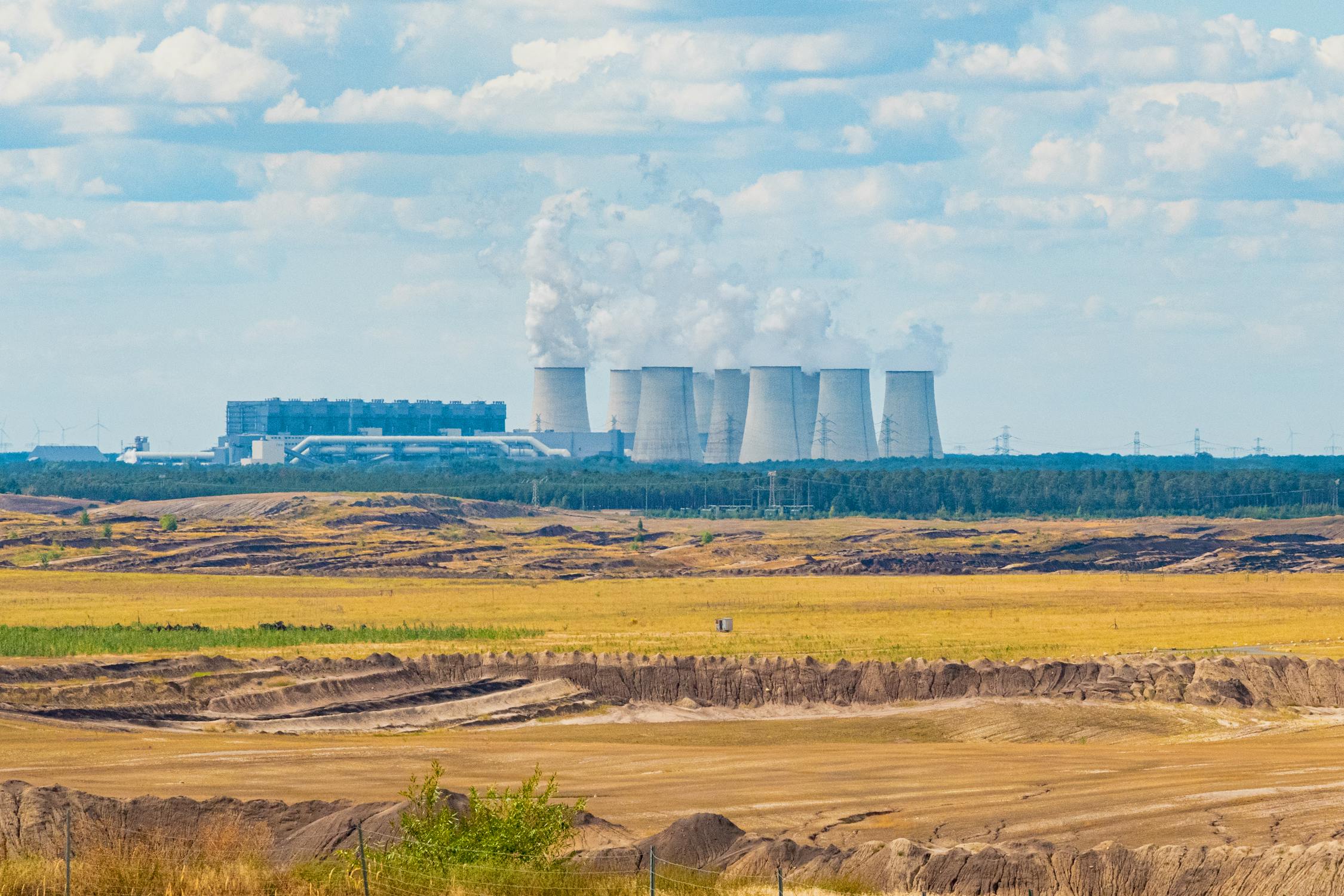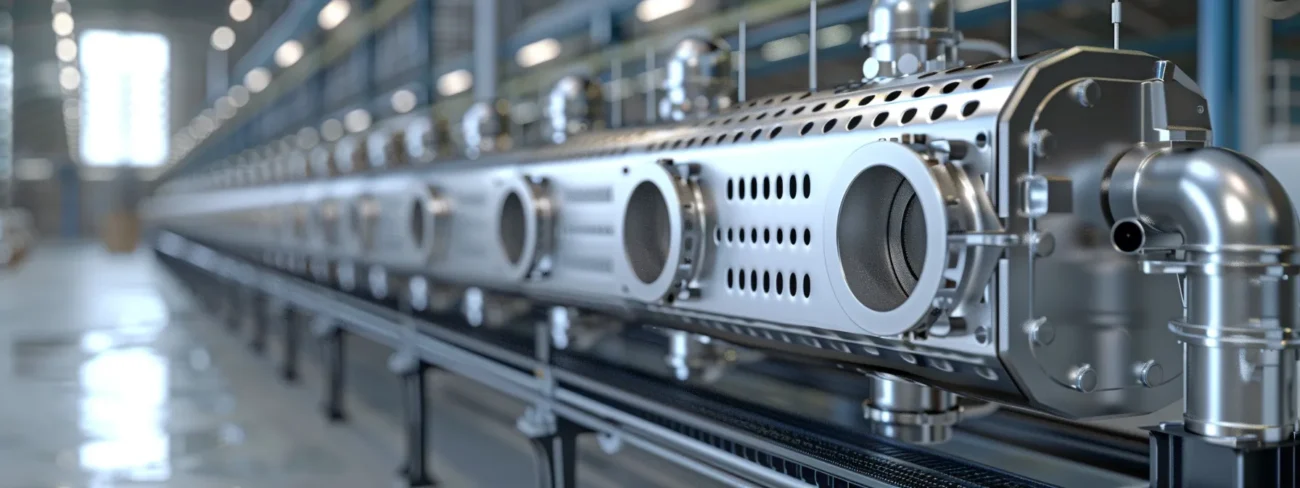Blog
Explore the Advantages of APV Heat Exchangers for Industrial Applications

APV Heat exchangers are vital components in a wide range of industrial settings, playing a critical role in efficient thermal management. Among the array of options available, APV heat exchangers stand out for their innovative designs and proven reliability. These systems are engineered to optimize heat transfer, addressing the needs of various high-demand environments. Whether for heating, cooling, or condensing, APV’s solutions can be tailored to meet specific industrial requirements. Keep reading to explore how APV heat exchangers can benefit your industrial processes.
Key Features of APV Heat Exchangers That Benefit Industrial Processes

One distinguishing feature of APV heat exchangers is their plate design, which is optimized for high thermal efficiency. The corrugated plate patterns increase the surface area and create turbulence, enhancing heat transfer while minimizing fouling. This particular design results in lower energy consumption and reduced operational costs.
Another significant attribute is the ease of cleaning and maintenance. The design allows for quick disassembly, making regular maintenance tasks efficient and minimizing the potential for unscheduled interruptions. These features are especially important in industries where cleanliness and hygiene are paramount, like the food and beverage industry.
Material selection is critical to the durability and performance of heat exchangers, and APV heat exchangers are available in a variety of materials to suit different applications. From stainless steel to titanium, each material is chosen for its corrosion resistance and compatibility with the fluids being processed, ensuring a long service life and consistent performance.
Enhanced Efficiency and Energy Savings With APV Technology

Efficiency is at the heart of APV heat exchanger technology, with systems designed to reduce energy consumption. The high heat transfer coefficients achieved by these exchangers mean that less energy is required to achieve the desired temperature changes. This results in direct cost savings for businesses, as well as a reduction in their carbon footprint.
In industries where precise temperature control can make or break a product’s quality, the accuracy of APV heat exchangers becomes exceedingly valuable. The control systems integrated into these units provide fine-tuning capabilities, ensuring optimal operating conditions and product consistency.
Thermal efficiency is further enhanced through the use of specialized software for heat exchanger selection and configuration. This software allows for the precise matching of heat exchanger specifications to process requirements, ensuring that each unit operates at peak efficiency.
APV Heat Exchanger Maintenance for Optimal Performance and Longevity
Maintaining APV heat exchangers is imperative for preserving optimal performance over their operational lifespan. Regular checks and cleanings are crucial for identifying potential issues before they escalate into costly repairs or downtime. However, the design of APV heat exchangers facilitates ease of access for maintenance personnel.
Downtime can be significantly reduced thanks to APV heat exchangers’ modular design, which allows for swift replacement of parts. This modular approach ensures that parts can be quickly interchanged, allowing the rest of the operation to continue running seamlessly while maintenance is performed on localized sections.
Organizations that utilize these heat exchangers often benefit from custom service agreements with APV for preventive maintenance. These agreements can include regular inspections, professional cleanings, and part replacements, all of which help maintain the heat exchanger’s performance and extend its service life.
Case Studies: Successful Implementations of APV Heat Exchangers in Industry

Real-world applications serve as the best testament to the capabilities of APV heat exchangers. Numerous case studies have shown how these systems have improved productivity and efficiency in various industries. For instance, in the dairy industry, APV technology has been crucial for pasteurization processes, providing precise thermal control critical for product quality and safety.
In the chemical industry, APV heat exchangers’ resistance to corrosive substances and high temperatures has made them the solution of choice for many companies. Their ability to withstand harsh conditions while maintaining efficiency has led to reported increases in production rates and reductions in energy costs.
Overall, APV heat exchangers represent a confluence of durability, efficiency, and innovative engineering that can meet the varied demands of industrial applications. Their customizable designs ensure compatibility with numerous processes, while their energy-saving potential supports both economic and environmental goals. As industries continue to seek solutions that offer robust performance and sustainability, APV heat exchangers stand out as a strategic choice for forward-thinking businesses.
